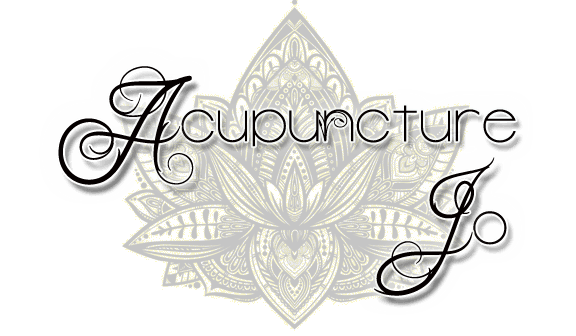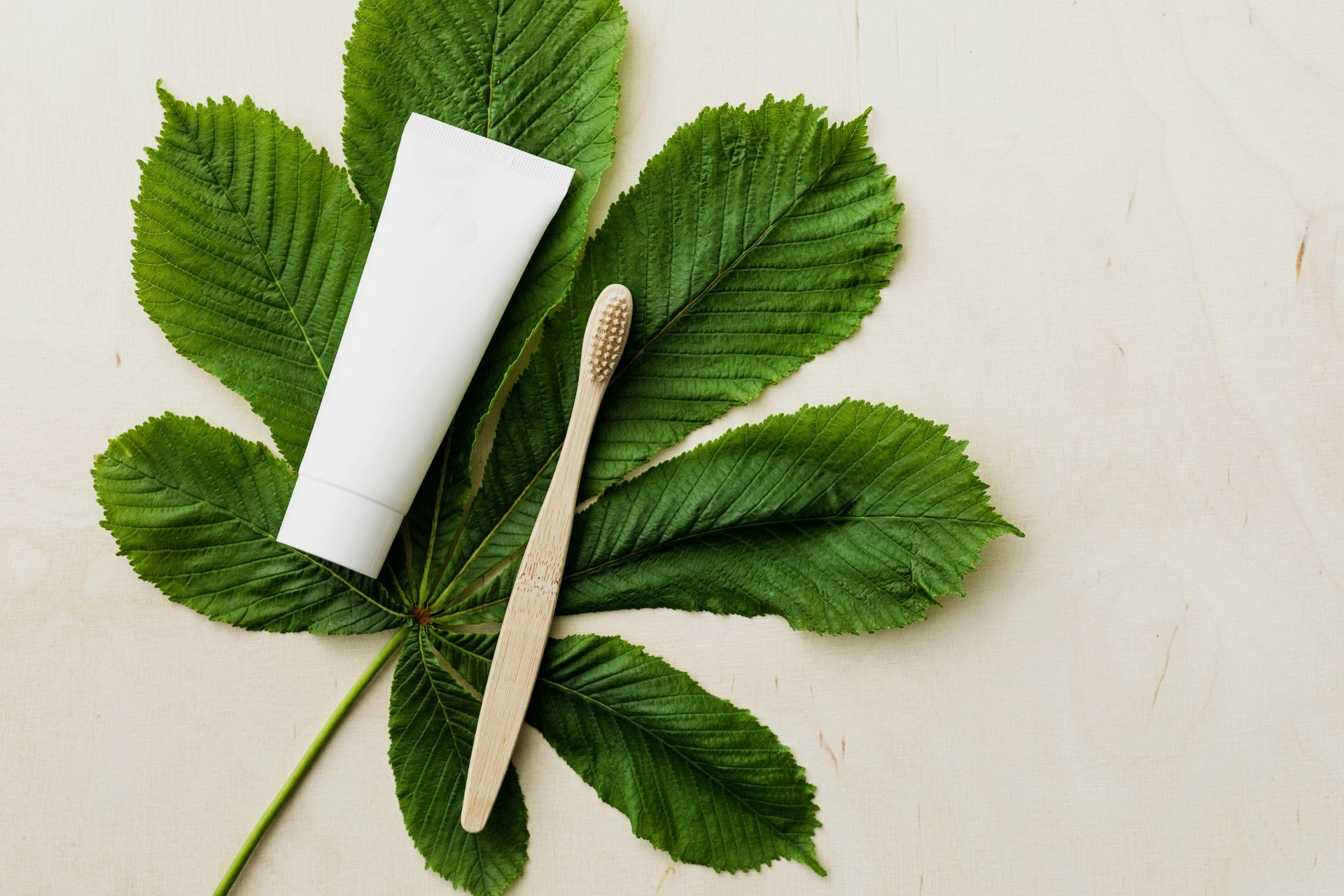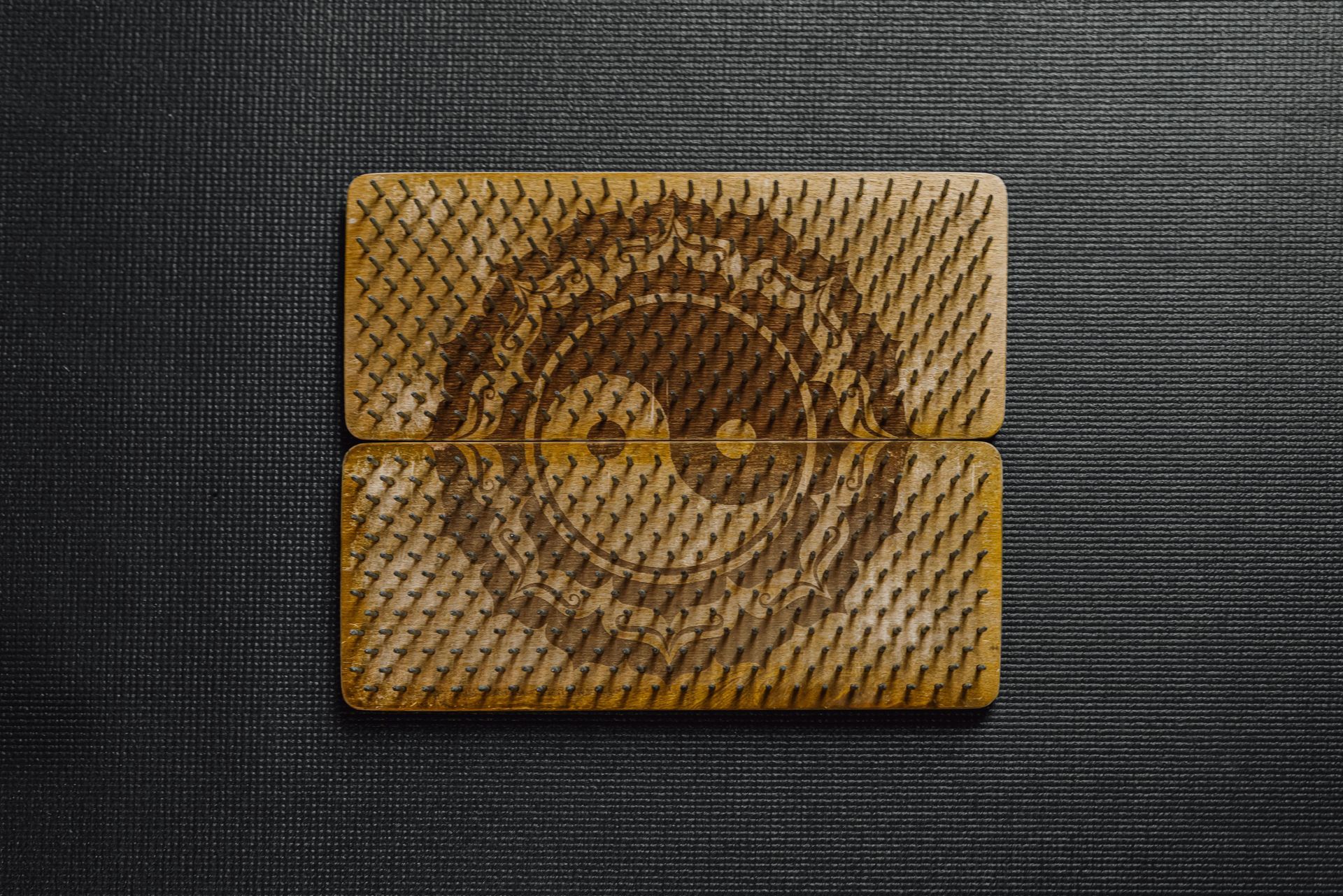How To Become an Acupuncturist
Tea Time With Jo|How to Become A Licensed Acupuncturist
Most people are not aware how involved becoming an East Asian Medicine (EAM)/Traditional Chinese Medicine (TCM)/Oriental Medicine (OM) Practitioner is. In the U.S., licensure requirements vary by state but there is a national body known as the NCCAOM which produces the board exams that are generally accepted as the standard to practice. A Master’s Degree in either Acupuncture or East Asian/Oriental Medicine is required prior to sitting for the board exams. Below is the path I took to become an Acupuncturist with my Master’s in Oriental Medicine. I hope this will shed some light on the training required and can help assist those looking into this career to get a head start.
EAM, TCM or OM…What’s the Difference:
When I was going to school, my professors referred to this medicine as “Traditional Chinese Medicine”. This is a bit of a misnomer as the techniques practiced actually have roots all over East Asia, which is why a lot of schools/practitioners now use the EAM abbreviation rather than TCM. That being said, a lot of my professors were actually Chinese, so for them, they were just practicing the traditional medicine of their country. The argument still exists that the medicine developed under the influence of these other countries so EAM is a much more encompassing and accurate title. The term “Oriental” is a colonial term, which many argue has a racist connotation, and is generally not preferred by the Asian community. A lot of schools are dropping their degree titles of “Master of Science in Oriental Medicine” and opting for “Master of Science in East Asian Medicine”. As someone who received their degree in Oriental Medicine, I tend to use this term because, well…it’s what’s on my certificate. I am, however, trying to train myself to stick to EAM as it is more accurate and more respectful.
Acupuncturist VS EAM Practitioner:
All EAM practitioners are Acupuncturists but not all Acupuncturists are EAM practitioners. I’ll explain…some schools offer programs in just Acupuncture. While this person still receives their Master’s degree in Acupuncture, they don’t learn a lot about Herbal medicine, to my knowledge. These individuals can still sit for the national board exam and become licensed to practice Acupuncture. EAM practitioners, on the other hand, learn Acupuncture as well as Herbal Medicine and can sit for the national board exam in Acupuncture and Herbal Medicine. They can then become licensed to practice both. Different states have different requirements so it possible that an Acupuncturist can recommend some patent herbal medicines to their patients but maybe don’t have the knowledge to create custom herbal formulas.
My Path:
I always knew that I wanted to be in the medical field so I actually graduated from college with my Associate’s degree in Biology. The school I attended for Acupuncture, offered a joint Bachelor’s and Master’s program in Oriental Medicine. The school worked on an accelerated program where they condensed both of these degrees in 3 years versus 4. This means, we had no summers off, no vacation and no breaks for 3 years. I would end a module on Friday and start a new module on Monday. During that time, I also had clinical rotations in which I acquired the practical knowledge and face time with patients. The whole shebang was approximately 3000 hours of training condensed into 3 years. It was NOT easy, especially holding down a full time job at the same time.
I have not seen an EAM school offer programs that include the Associates degree so you would need to earn one before applying. That being said, what you get your degree in doesn’t matter much. Most programs will still cover all of the science classes (anatomy, physiology, pathology, etc) that you need to know before graduating.
Once I graduated from the Oriental Medicine program (this included Acupuncture theory & point location, EAM diagnosis/theory, Tuina, Shiatsu, Moxibustion, Cupping, Guasha, Electrical Stimulation, Herbal Medicine, etc), I applied for my board exams with the NCCAOM. After passing my board exams, I applied for licensure in my state. Then, I became fully legal and licensed to practice. I should note that the state I originally became licensed in required malpractice insurance coverage before licensure was granted. You should check your state’s requirements.
Continuing Education
Both Acupuncturists and EAM practitioners need to maintain licensure. Most states ask for continuing education in order to revalidate their licenses every 2 years. The amount of continuing education varies by state. While some people find continuing ed annoying…I love it! This is where I get to expand my knowledge and learn from masters and more experienced practitioners.
Specialization
Just like western medicine, there are specialties within EAM. For example, my specialty is in Reproductive Medicine and Women’s Health. Another practitioner may specialize in pain management while someone else may specialize in Oncology. Practitioners who specialize, sometimes have the option of taking additional board exams in their fields and become “fellows” in their specialty; similarly to how an OB/GYN is a typically an MD who specialized in Obstetrics and Gynecological Medicine.
Here is where patients really need to do their research to make sure they find a practitioner who aligns with them. Any practitioner can claim to be a specialist. Fellowships are not required by law. I, myself, am not a Fellow of any other board. Why, you may ask? Because it will be another certification that I need to keep current, which means more continuing education (in addition to what the states require) and more fees. So how do you know if your practitioner is actually a specialist in your desired field? You ask them. I can produce certificates for ALL of the continuing education that I have taken in the field of “Oriental Reproductive Medicine” (including the courses suggested to sit for the board exam). If I had room on my wall in my private room where I currently practice, I would display them prominently; but I have been practicing since 2010 so that would have to be a decent sized wall if I put up each certificate I earned every 2 years, LOL!
Alternatively, some schools offer specialized programs in which the students can earn their Doctoral degree in a particular field. These programs often involve interning in clinics and shadowing more experienced practitioners in that field. However, teaching schools/hospitals/clinics around the world offer this type of mentorship/shadowing experience without the financial burden of a Doctoral degree.
Personally, I would rather sign up for a mentorship program that is much more flexible and allows me to still see clients at the same time. It is much more affordable and allows me to still have some work/life balance. The down side is that I can’t call myself a “doctor” without a Doctoral degree. I’m ok with that for the time being.
In Summary
The path to becoming a practitioner looks like this: Associate’s Degree->Bachelor’s Degree (Acupuncture/EAM)->Master’s Degree (Acupuncture/EAM)->NCCAOM Board Certification->State Licensure
Then you can specialize via Continuing Education, Mentorship/Internship, or Doctoral Program
After which, you will need to maintain your licensure with continuing education every couple of years depending on your state.
When individuals learn that becoming an Acupuncturist or EAM practitioner requires all of this, their minds are often blown. I love this profession. Often practitioners in this field are the front line of health for their clients. Patients can come to us with a myriad of complaints much more easily than scheduling an appointment with their western medicine providers. We have to be expertly skilled in providing accurate diagnosis and referring out when things are outside our scope of practice. I will, by all means, send folks to their doctor or ER when they have a broken bone, higher than normal blood pressure, or any other presentation that raises red flags. At the end of the day, doing what is best for the patient is paramount.
Did you have any idea becoming an Acupuncturist was this involved? Always do your research before choosing a provider. There are lots of “Medical Acupuncturists” out there who advertise that they practice “Acupuncture” but they have very limited amount of training and a very narrow scope and understanding of the medicine. For more on this topic, check out my IG post HERE










